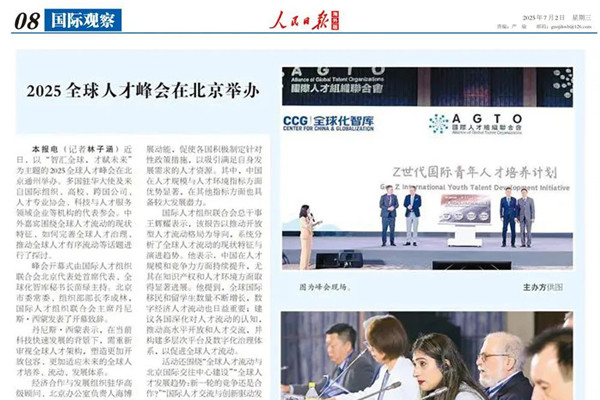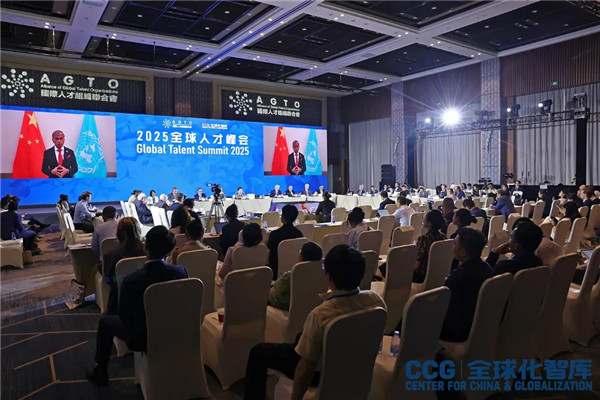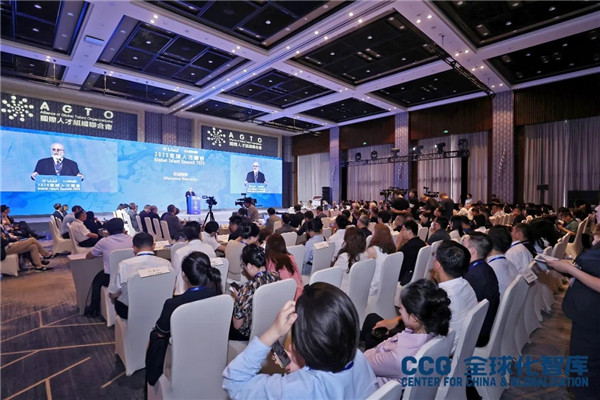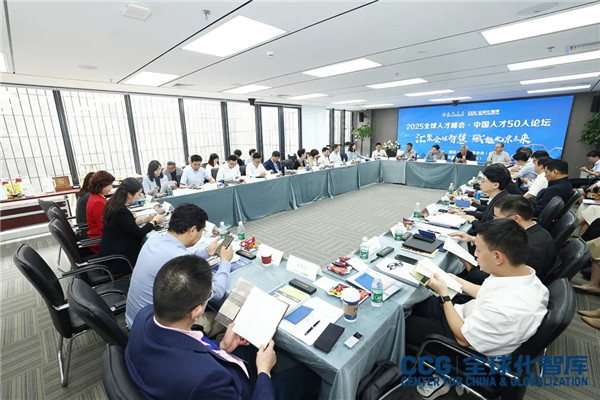【China Daily】Memories of gaokao revival recalled in new book
2017年6月20日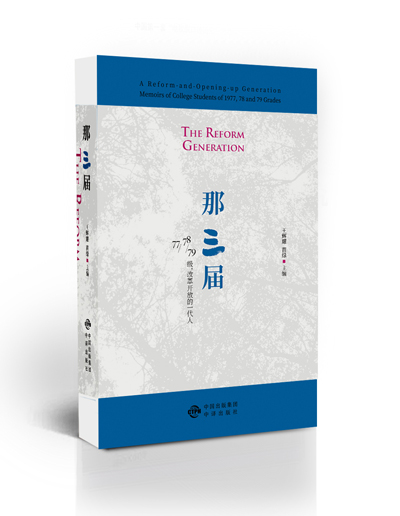
A book looking back at some celebrities’ and scholars’ experiences of taking the national college entrance exam about 40 years ago was published in Beijing today.
In the book, The Reform Generation, compiled by Beijing-based think tank Center for China and Globalization, more than 60 social elites from China shared their memories of taking gaokao in 1977, ’78 or ’79.
Before being revived in 1977, gaokao, China’s foremost method of selecting academic talent and one of the most important ways by which ordinary people can change their lives, had been suspended for 11 years during the "cultural revolution" (1966-76).
During those 11 years, millions of young people in cities across the country, who should have attended college, were sent to villages and became known as zhiqing, or "sent-down youth". Many worked on farms but still yearned for knowledge and the opportunity to receive higher education.
So, when the examination was revived in December four decades ago, more than 5 million young people flocked to exam halls nationwide, while only 5 percent of them were finally admitted to college. Applications for taking the exam in the following years also remained high.
About 1 million young people were accepted by colleges in the three years covered in the book. Many of them then participated in and contributed to China’s reform and opening-up, and grew to be pillars in all walks of life – scholars, officials, entrepreneurs, writers, lawyers and so on.
The book was compiled to commemorate the 40th anniversary of the epochal event in these people’s lives, said Wang Huiyao, director of the Center for China and Globalization (CCG), who compiled the book.
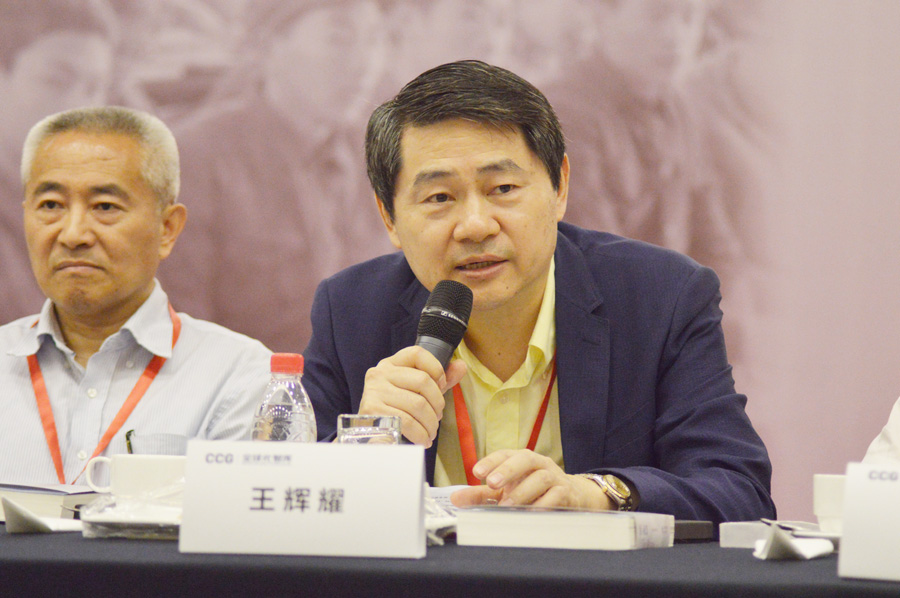
"The revival of gaokao 40 years ago raised the curtain for a new era, in which knowledge and talent are valued," said Wang, who took gaokao in 1977. "It also laid a firm foundation for the reform and opening-up, as well as for the prosperity in China today."
Wang said he hoped that the experiences and stories shared in the book would not only be a commemoration of the past, but also a reflection that can be passed on to future generations. (By Zhao Xinying)
From China Daily,2017-6-17
